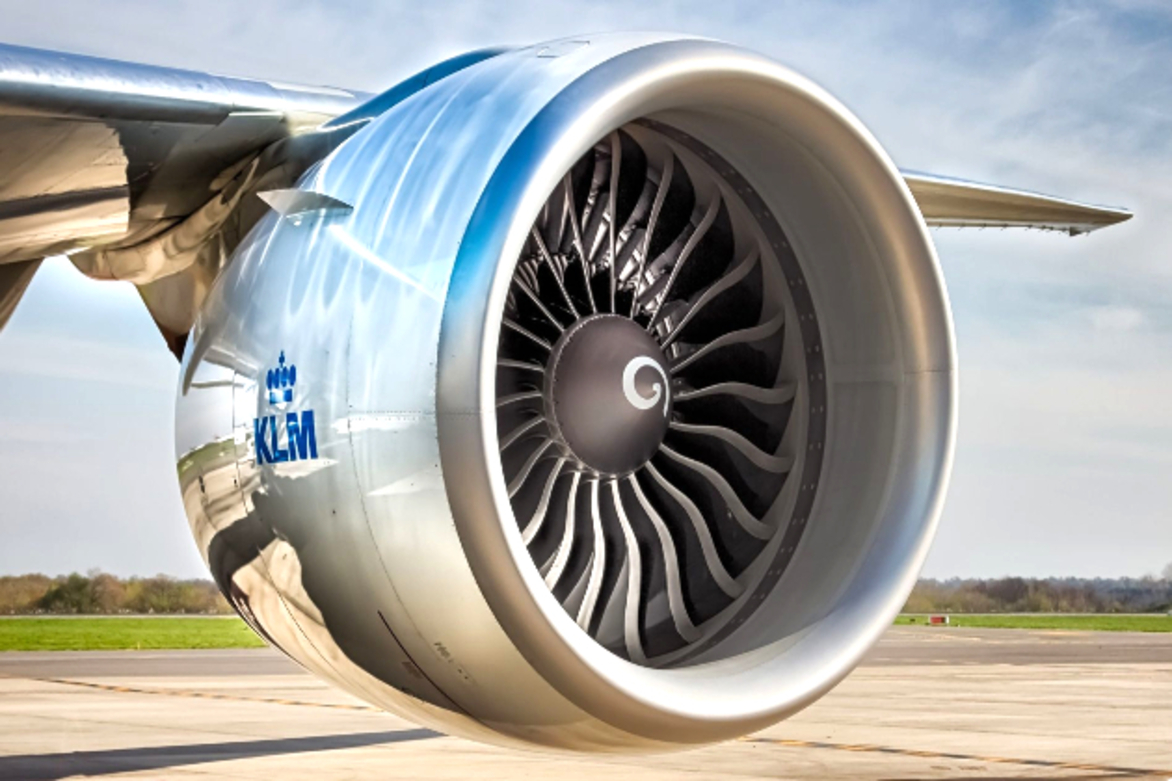Commerce Department investigates jet imports over security concerns
Robert Besser
14 May 2025

WASHINGTON, D.C.: The U.S. Commerce Department said it has started a national security investigation into the import of commercial airplanes, jet engines, and parts.
The investigation, known as a "Section 232" probe, began on May 1 but was not made public until last week. It could lead to higher tariffs (import taxes) on these items.
Many airlines stated that they were unaware of the investigation until it was announced. Airlines and airplane manufacturers have been advocating for the reinstatement of the 1979 Civil Aircraft Agreement, which permitted these imports without tariffs. Under that agreement, the U.S. aerospace industry had a US$75 billion trade surplus each year.
Currently, most imported aircraft and parts face a 10 percent tariff. However, the U.S. has reached a new agreement with the U.K. that allows British-made Rolls-Royce engines to enter the U.S. without tariffs, according to Commerce Secretary Howard Lutnick.
The government is asking the public to share their views within three weeks. They are especially interested in how foreign government support and unfair trade practices affect the U.S. aircraft and engine industries.
Eric Fanning, head of the Aerospace Industries Association, stated that the group will collaborate with the government to enhance the U.S. supply chain while preserving the current trade rules that support the global competitiveness of U.S. aerospace companies.
Some airlines may return leased aircraft or delay new deliveries. Delta Air Lines states that it does not wish to pay tariffs on the planes it receives.
Even planes made in the U.S. are affected because many parts are imported and still face tariffs. Boeing is paying a 10 percent tariff on parts from Italy and Japan. The United Airlines CEO stated that Airbus also pays tariffs on planes it builds in Alabama.
Neither Airbus nor Boeing commented on the situation.
Aerospace industry leaders say their case is different because they export over $135 billion worth of products each year. GE Aerospace's CEO, Larry Culp, said he met with Trump to explain how the industry's long-standing tariff-free status helped it achieve the best trade balance of any U.S. sector. GE said it will keep working with the government to support U.S. leadership in aerospace.
Last month, the Commerce Department also initiated a similar investigation into imported medium- and heavy-duty trucks and their parts.
